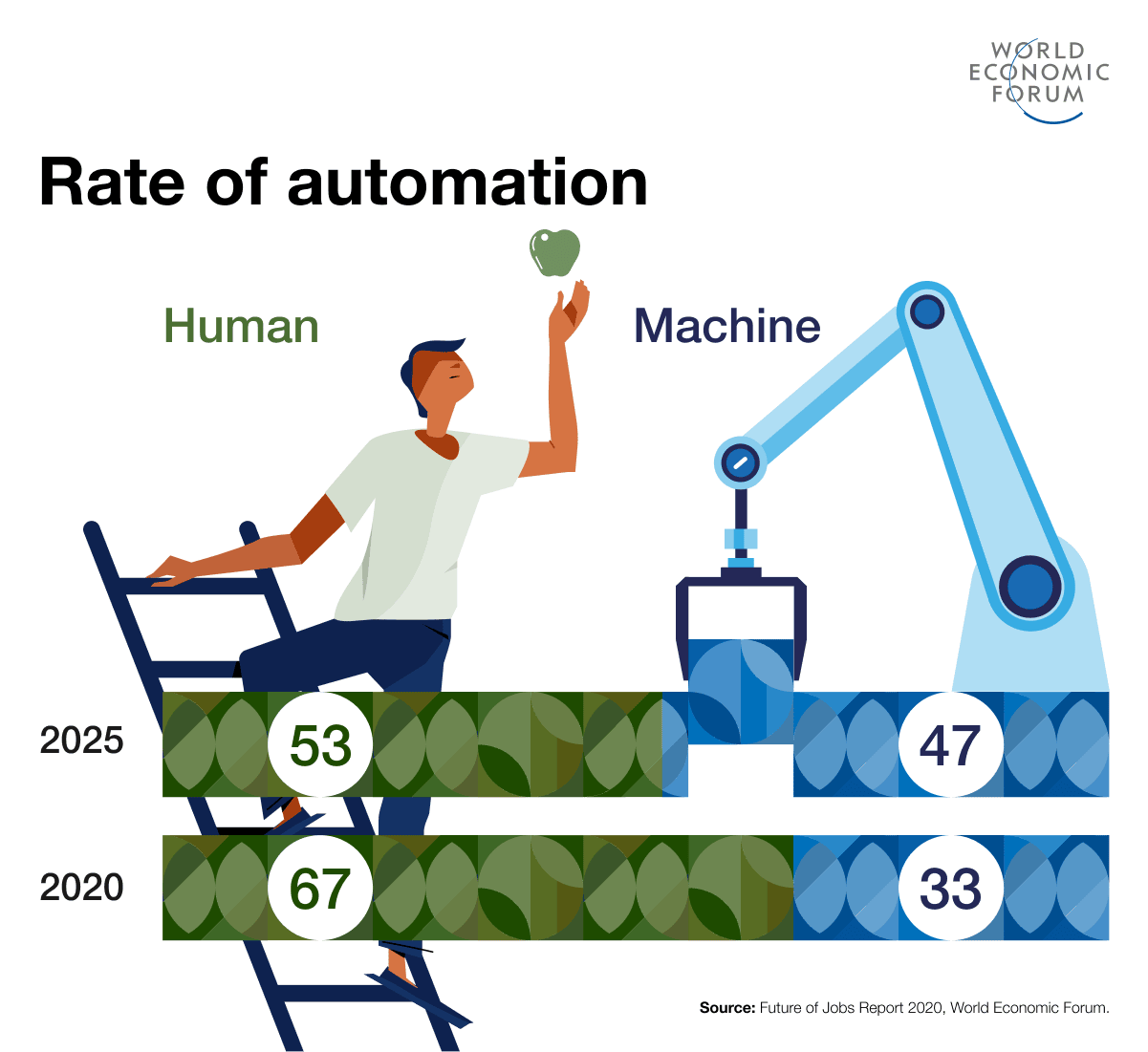The Impact of Artificial Intelligence on the Workforce
The Impact of Artificial Intelligence on the Workforce: Opportunities and Challenges
Artificial Intelligence (AI) has rapidly evolved from a futuristic concept to a tangible force transforming industries worldwide. Its integration into various sectors has sparked discussions about its impact on the workforce, raising questions about job displacement, skill requirements, and the future of employment. This article delves into the multifaceted effects of AI on the workforce, exploring both the opportunities it presents and the challenges it poses.
The Rise of AI in the Workplace
AI technologies, including machine learning, natural language processing, and robotics, are increasingly being adopted across industries to enhance efficiency and productivity. From automating routine tasks to providing advanced data analytics, AI is reshaping traditional job roles and creating new opportunities.
Opportunities Presented by AI
- Job Creation in Emerging FieldsWhile AI automates certain tasks, it also generates new job opportunities in areas such as AI development, maintenance, and oversight. Roles like data scientists, AI specialists, and machine learning engineers are in high demand, reflecting a shift towards a more technologically driven workforce.
- Enhanced Productivity and EfficiencyAI systems can handle repetitive and mundane tasks, allowing employees to focus on more complex and creative aspects of their jobs. This shift not only boosts productivity but also enhances job satisfaction by reducing monotonous work.
- Personalized Customer ExperiencesIn sectors like retail and customer service, AI enables personalized interactions by analyzing customer data and preferences. This personalization leads to improved customer satisfaction and loyalty, driving business growth.
Challenges Posed by AI
- Job Displacement and AutomationOne of the primary concerns regarding AI is the potential displacement of jobs, particularly those involving routine and manual tasks. Industries such as manufacturing and logistics are experiencing significant automation, leading to workforce reductions in certain areas.
- Skill Gaps and the Need for ReskillingThe integration of AI necessitates a workforce proficient in new technologies. This requirement highlights the importance of reskilling and upskilling programs to equip employees with the necessary skills to thrive in an AI-driven environment.
- Ethical and Privacy ConcernsThe deployment of AI raises ethical questions, including concerns about bias in AI algorithms and the handling of personal data. Ensuring transparency and fairness in AI applications is crucial to maintaining trust among employees and consumers.
Strategies for Navigating the AI-Driven Workforce
- Investing in Education and TrainingOrganizations and governments must invest in education and training programs that focus on AI literacy and technical skills. Such initiatives will prepare the workforce for the evolving job market and mitigate the risks of job displacement.
- Promoting Lifelong LearningEncouraging a culture of lifelong learning is essential in adapting to technological advancements. Employees should be motivated to continuously update their skills to remain competitive in the job market.
- Implementing Ethical AI PracticesDeveloping and adhering to ethical guidelines for AI deployment ensures that AI applications are fair, transparent, and respect privacy. This approach fosters trust and acceptance among employees and the broader public.
Artificial Intelligence is undeniably transforming the workforce, bringing both opportunities and challenges. By proactively addressing the potential drawbacks and embracing the benefits, organizations and employees can navigate this transformation successfully. Investing in education, promoting ethical practices, and fostering a culture of adaptability will be key to thriving in an AI-driven world.
